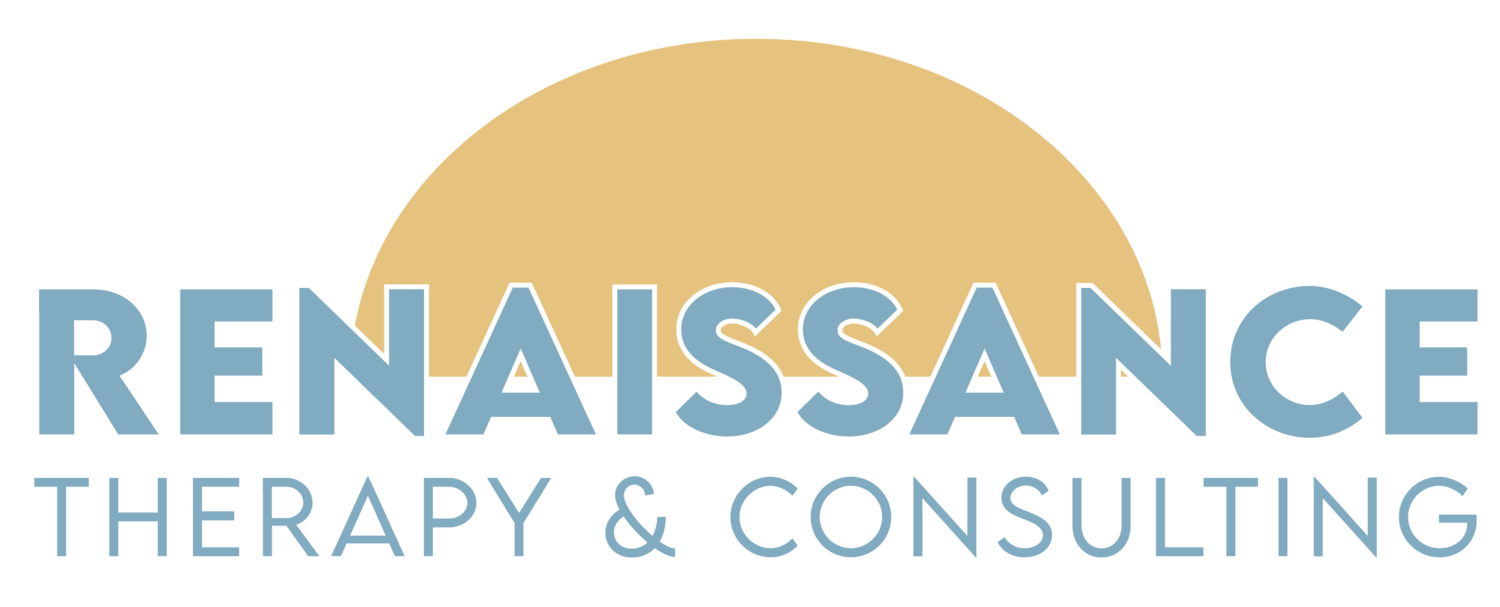Practice Pausing
I used to have a Word of the Year that I was focus on for 365 days. It proved to become a guiding force in my outlook each year. Then, about five years ago I came upon my beloved “And,” (with a comma). It became so meaningful I haven’t exchanged it yet.
If I were to select a WOTY now, that word would be Pause. And even if it isn’t my WOTY, it’s a word I have found provides much needed healing and regulation not only for me, but for my clients. So that’s what I want to talk about today.
Because of how our North American culture is now organized, we have to become intentional about the simple act of pausing.Thanks to internet speed, smart phones, microwaves, online games and terabytes of new information multiplying daily (not to mention AI), we hold in our hands more technology than the first spacecraft that landed on the moon. We’ve become accustomed to getting things (thank you Amazon) and information fast. Along the way, the ability to wait has receded along with our penmanship.
Two generations ago, health-minded psychologists said that a child should develop the ability to wait by the age of 11. I don’t think that can be said by today’s children, much less their techno-savvy parents. (Remember that we moved from play-based childhoods to phone-based in 2008 with the introduction of the smart phone, likes and retweets.)
So when I suggest a client pause before speaking, or pause while following an escalated train of thought, they often stare at me. It sounds so simple. But it’s not anymore. We have so many neuropathways accustomed to going fast-fast-fast. And if you are already a fast thinker, it becomes even more important to learn to pause.
What does it mean to pause? Taking a deep breath literally and figuratively. Stoping in your tracks. Being still. Noting your surroundings. Feeling the earth below your feet. Listening for the songs of birds. Clearing your mind. Focusing on your body, not your thoughts. Not speaking - yet.
When we pause, we open up the space to remain regulated. We are more able to hold the other person in high regard, not jump to conclusions or become panicked. We maintain our inner peace. Doesn’t this sound desireable?
And all it takes to start is to pause before you answer that comment or finish that thought. Ask yourself to view what’s going on as if you were a drone merely seeing what’s there without judgement or assumption. You’ll experience clarity and perspective.
I know a number of people who watch Little House on the Prairie reruns to get perspective on pausing and doing one thing at a time. No one was ever in a hurry. No one was ever distracted by their smart phone. They went to sleep at night with a sense of accomplishment because they were able to take things one at a time. They paused.
Try adding intentional pauses throughout your day for a week and see if you don’t feel more present and more at peace.

